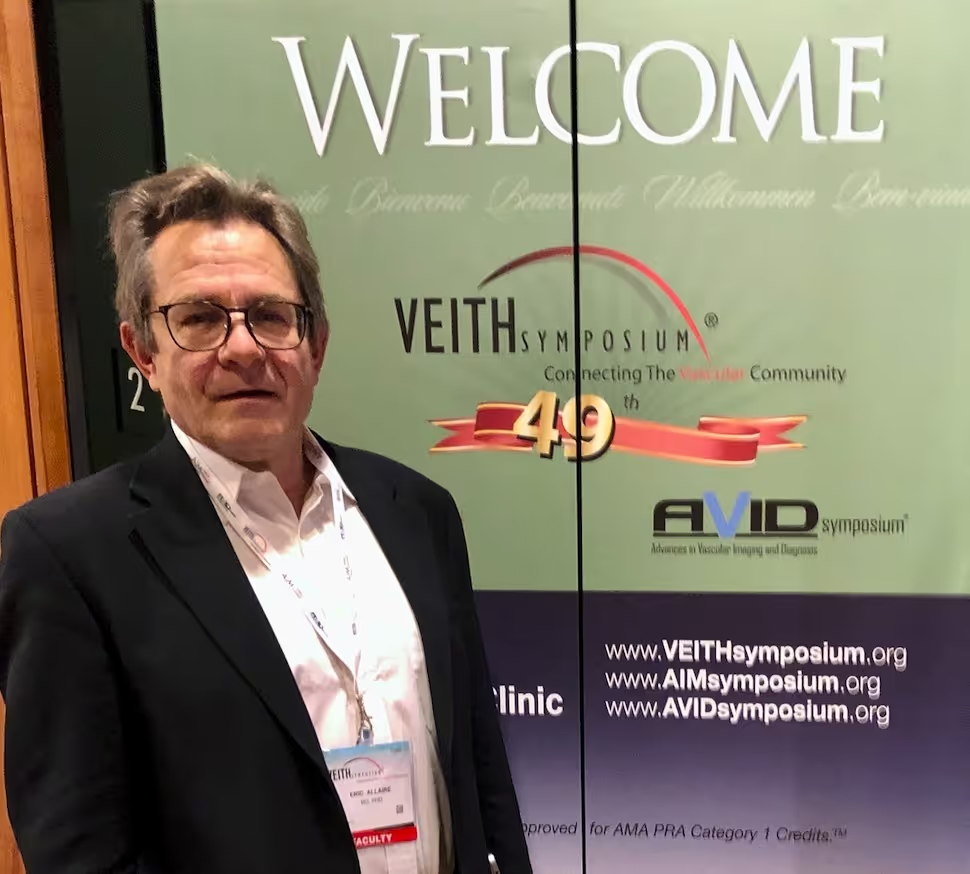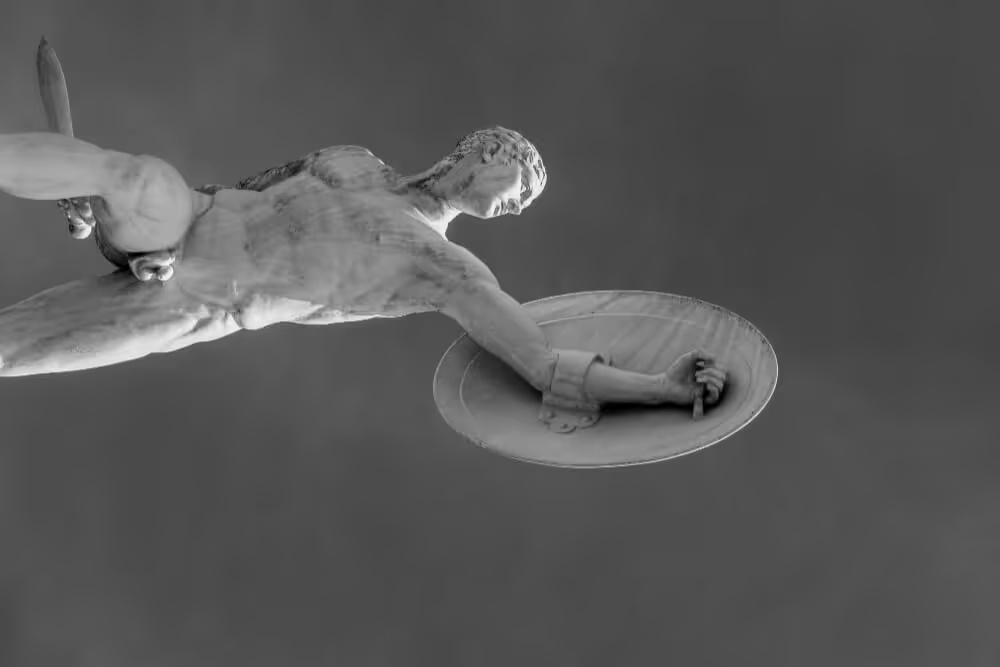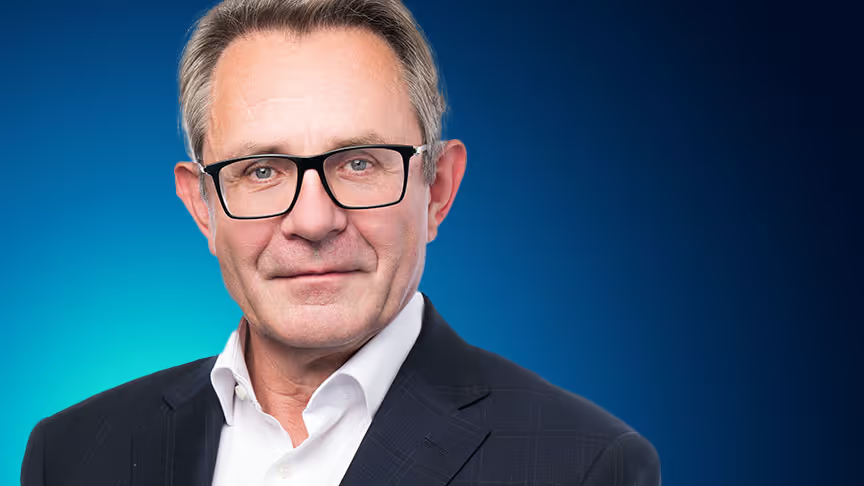The VEITH International Symposium in New York is one of the world’s most prestigious meetings for vascular and endovascular surgery.
Each year, it brings together leading specialists to share the latest advances in vascular medicine.
I was honored to be invited to present my work on venous-leak surgery for erectile dysfunction, a topic that represents a significant frontier in vascular care.
Editor’s note: This article was originally published on Dr. Allaire’s previous website and has been updated for clarity and accuracy.
Recognition by the Vascular Community
My invitation came from Professor Frank J. Veith, one of the pioneers of modern vascular surgery.
We share a common belief that innovation must always serve the patient’s best interest — through precision, safety, and compassion.
At the symposium, I presented the results of my hybrid surgical and embolization technique, developed to treat venous leaks that prevent men from maintaining erections.
The audience included vascular and urological surgeons from around the world, many of whom recognized this approach as an important step forward for our specialty.
My Presentation
In my talk, I explained how venous leakage — the failure of veins to retain blood in the penis — can now be corrected surgically with lasting success.
Using Caverno-CT imaging, I map the venous system in detail before sealing the leaking veins through a minimally invasive hybrid procedure.
This method allows us to restore natural erections in a majority of patients, often after years of unsuccessful treatments.
The feedback from international colleagues was extremely positive, confirming that the vascular perspective is now becoming central to the management of erectile dysfunction.
Collaboration and Progress
The VEITH Symposium is more than a scientific event — it’s a platform for global exchange.
Meeting colleagues from the United States, Europe, and Asia reminded me how collaboration accelerates medical progress.
Each discussion brings new ideas that refine our techniques and improve patient outcomes.
I firmly believe that vascular surgeons have a major role to play in sexual medicine.
Our understanding of blood flow and our surgical precision can change how erectile dysfunction is diagnosed and treated worldwide.
For Patients and Professionals
For men, this means there is now a tangible solution when traditional treatments fail.
If you’re experiencing persistent erection issues, start by taking my self-assessment test.
If results suggest a vascular cause, I recommend booking a consultation for a complete evaluation.
For healthcare professionals interested in vascular approaches to sexual medicine, the professionals section provides resources and contact information for collaboration.
Conclusion
Presenting my work at the VEITH Symposium was a milestone in my career and a recognition of years of dedication to understanding the vascular causes of erectile dysfunction.
It also reaffirmed my conviction that collaboration across borders and specialties will continue to drive progress — and hope — for patients around the world.




